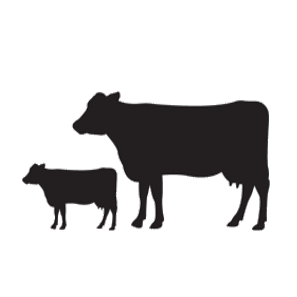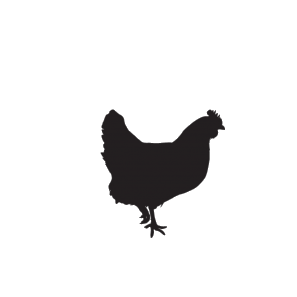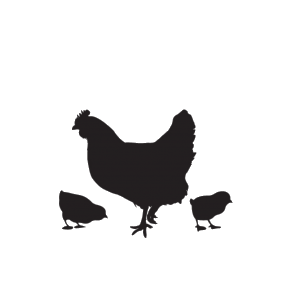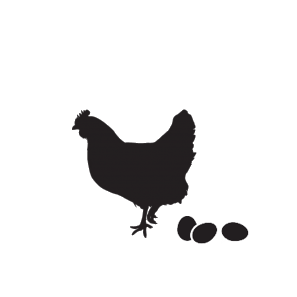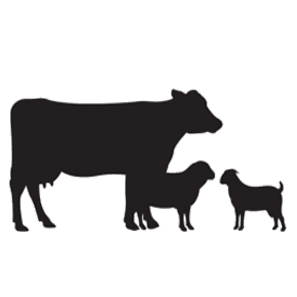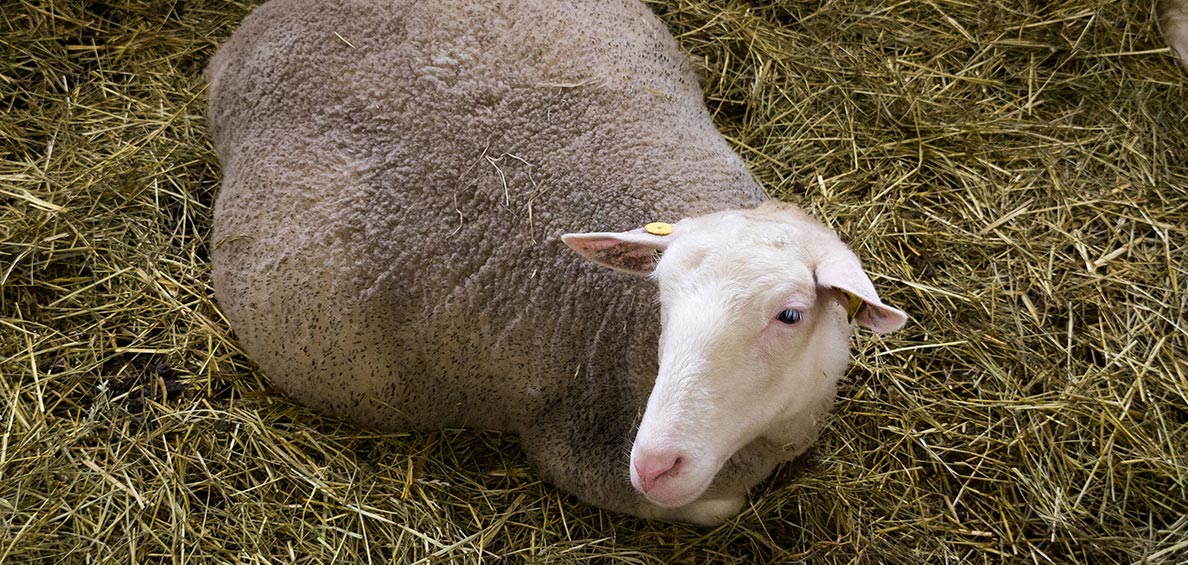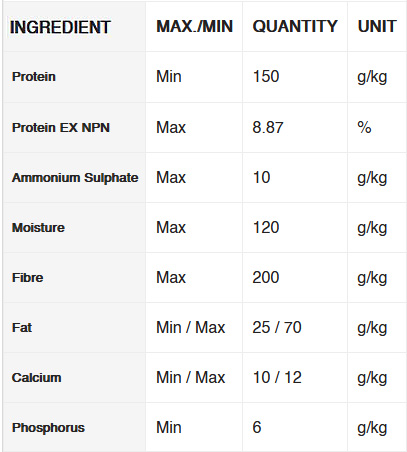Hypocalcemia is a metabolic disease, caused by low blood calcium levels in sheep. It is also known as milk fever or parturient paresis. It is more commonly seen in late pregnancy especially in ewes carrying multiple lambs.
Causes and risk factors:
Increased calcium demand: the developing foetus requires significant calcium for bone development, especially in late pregnancy, which leads to a higher demand of calcium.
Nutritional deficiencies: diets which are low in calcium or those that interfere with calcium absorption and/or mobilization of calcium from the bones can increase the risk.
Grain feeding: feeding grain for a extended period of time, which is typically low in calcium can contribute to hypocalcemia.
Stress: during late pregnancy handling and stress can exacerbate the problem, in particular if the ewes are off feed for extended periods.
Other factors: soil pH, phosphorus levels and body condition can also play a role.
Signs and symptoms:
Early signs: stiff gait, trembling, muscle tremors, and an inability to stand
Progression: down ewes with jerky movements, loss of appetite, slow or absent pupillary response to light
Advanced stages: recumbency (lying down), paralysis, coma and potentially death if untreated.
Treatment:
Intravenous calcium: slow intravenous administration of a calcium borogluconate solution is the most effective treatment.
Subcutaneous calcium: if intravenous administration is not possible, then subcutaneous injections of calcium borogluconate can be used.
Monitoring: the heart rate should be monitored during intravenous administration and watch for any signs of relapse after treatment.
Prevention:
Balanced diet: ewes should have a diet that supplies the correct levels of nutrients at all times.
Supplementation: supplement with calcium when feeding grains or if dietary calcium is low.
Manage stress: stress should be minimized during late pregnancy and handling.
Avoid sudden diet changes: introduce new feeds gradually to prevent digestive upsets and potential hypocalcemia.
If you would like more information about Epol and our feeds, please contact your nearest TA




